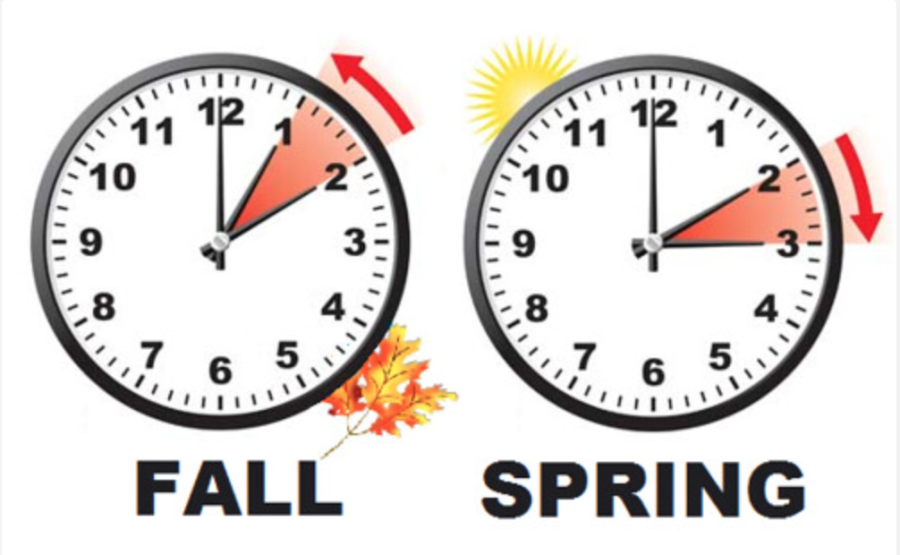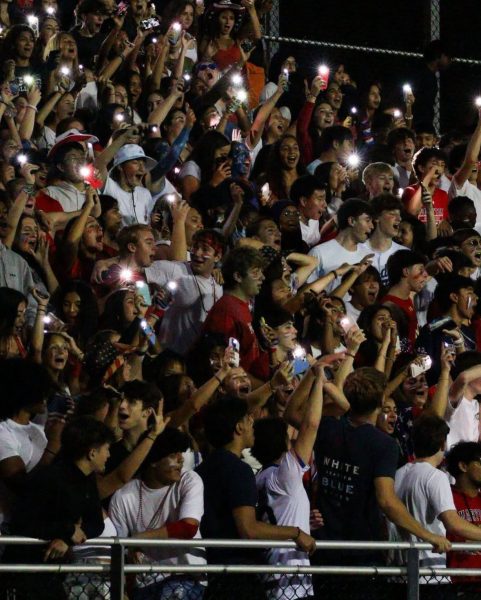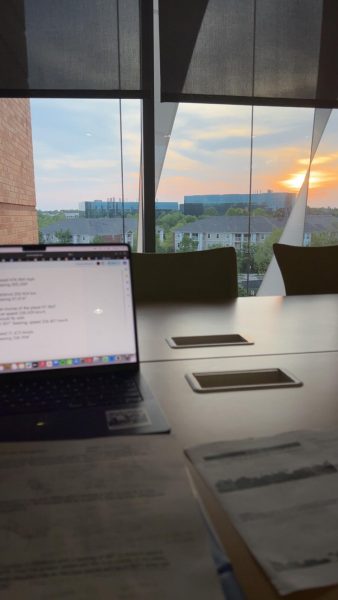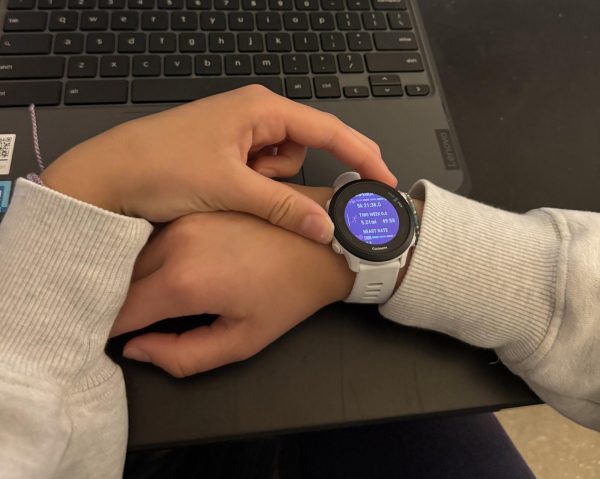Senate passes daylight savings bill, ending time change
Image used with permission from Google Commons
Daylight savings time becomes permanent in 2023 with no more falling behind or jumping ahead of one hour.
Daylight savings time is a controversial topic, especially with the new bill passed by the U.S. Senate. The bill, also known as the Sunshine Protection Act, makes daylight savings time permanent. Effective in 2023, the gaining and losing of an hour of daylight will end, allowing for the confusion to end as well.
One of the perks of the bill is the extra hour of sunlight. This extra hour can be used in different ways, but will overall benefit students, with extra daylight to do sports or even stay up later to do homework. On weekends, there is more time to spend with friends and family or go do activities like shopping. Sophomore Brandon Reotutar is excited about the extra hour. “The additional hour would let me go out a bit more since it gives me more time,” Reotutar said.
Sophomore Erin McGinness explains her need for the extra hour, using it to make up school work. “If I had an extra hour of daylight I would use it to do my homework or study for an upcoming test,” McGinness said.
High school students often struggle with getting the proper amount of sleep. With an additional hour added, there is also extra time to sleep, giving students the necessary time to feel completely rested before the school day. Reotutar said that he feels the difference only sometimes during the day. “Sometimes it does affect me to not get as much sleep, and when it does affect me it’s either the start of the day or the end of the school day,” Reotutar said.
Students feel as if there is not enough to properly enjoy the time outside of school. Freshman Ella Cooper said limitations are given to students when it becomes darker earlier. “I would rather gain an hour of daylight because it would benefit me personally by being able to do the things I enjoy longer when it comes to being outside in the evening or at night,” Cooper said.
Seasonal depression occurs for a large portion of students during the winter, due to the sun setting earlier and colder weather. Students often feel distressed, leading them to become more stressed in school, or just overall unhappy with life. With a lack of sunlight, students have less joy in life, and it begins to have a negative toll on behaviors. McGinness said the amount of sunlight she has affects how tired she is and how well she is able to stay awake. “I feel that when I am in the sun longer I am more tired in the evening,” McGinness said.
Although there are different pros to the bill, there are also downsides. The change in time leads to it being darker in the mornings during the winter months. Cooper said she dislikes going to school when it’s dark. “It gives me less motivation throughout the day as well as making me feel more tired,” Cooper said.
Your donation will support the student journalists of Thomas S. Wootton High School. Your contribution will allow us to purchase equipment and cover our annual website hosting costs.
Ellie is a 2024 graduate.







